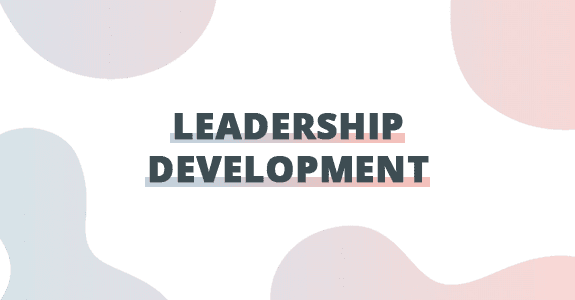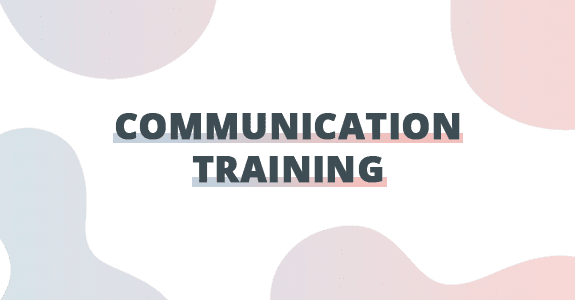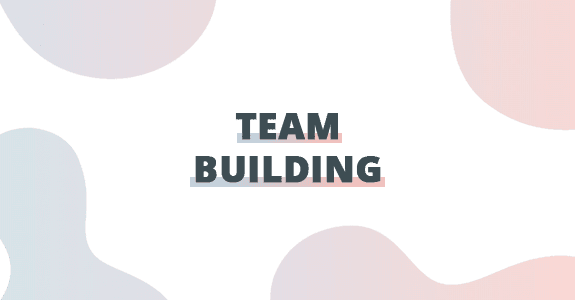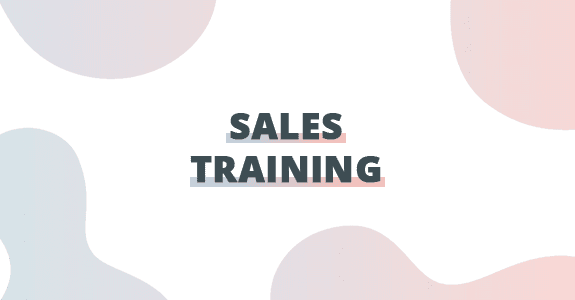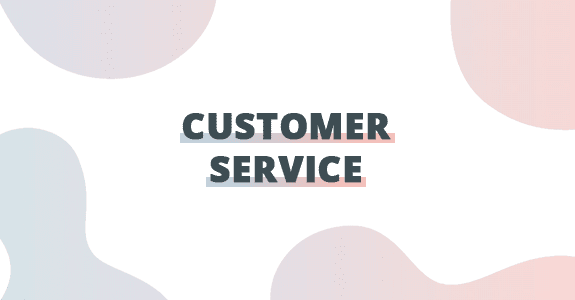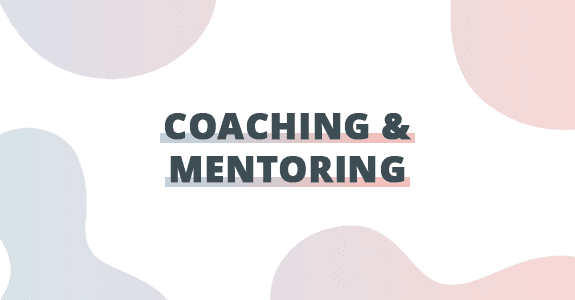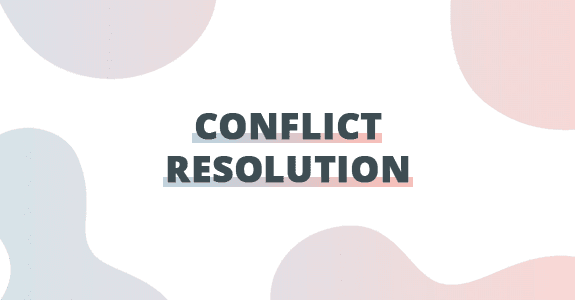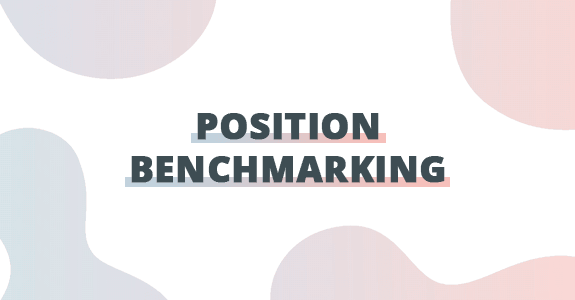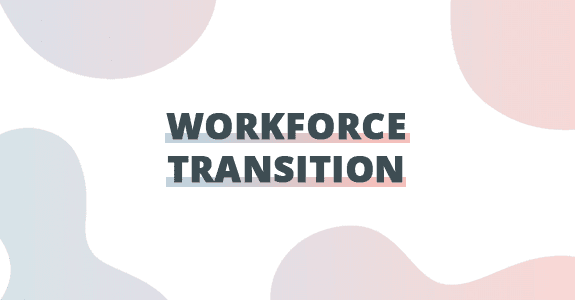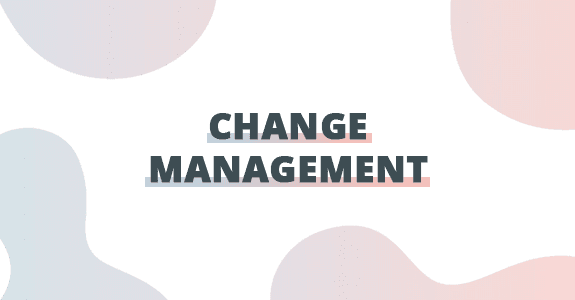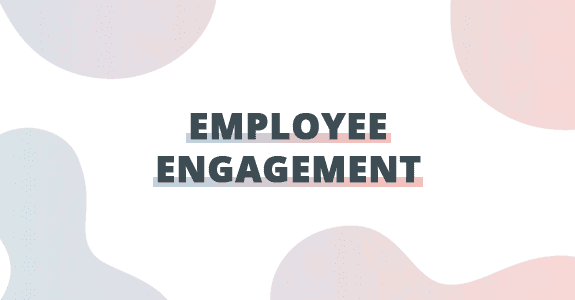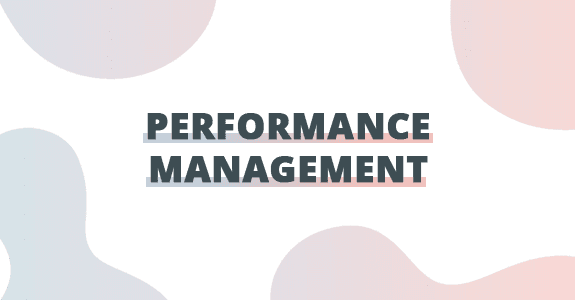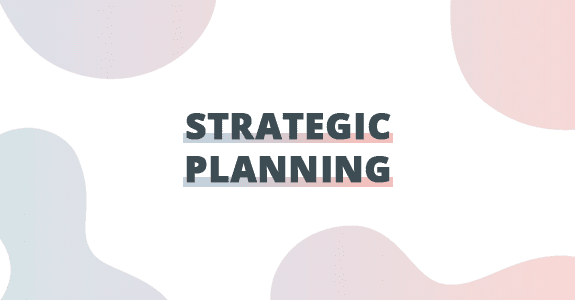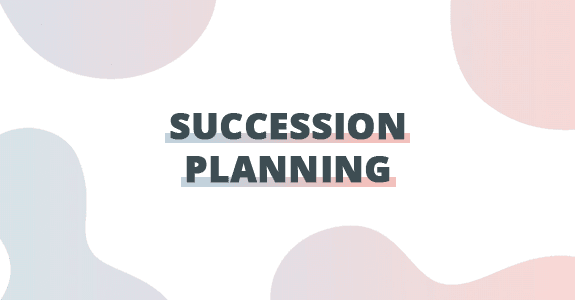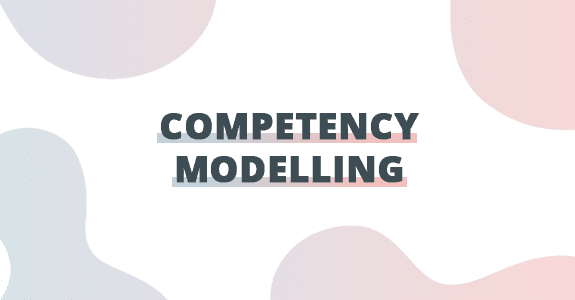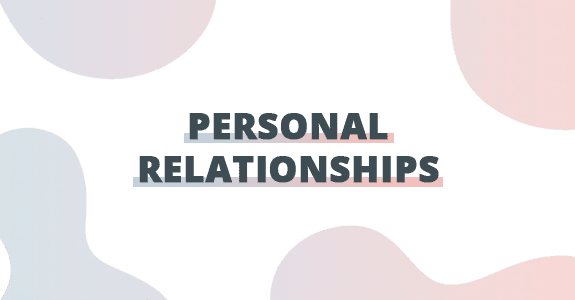Common Uses
The TTI Success Insights Suite is a robust and versatile toolkit for trainers, coaches and consultants. This versatility means the assessments are deployed in a number of personal and professional applications. Below are some explanations of the common uses for the TTI SI suite of assessments.
Leadership Development
In modern-day business, both the words 'leadership' and 'management' are two terms that emerge in descriptions of essentially the same competency: achieving results through others.
Communication Training
Communication skills are among the most important skills required to succeed in today’s fast-paced business environment.
Team Building
Organisations that rely on teams to accomplish objectives need to ensure that team members are functioning in high-trust, low-friction environments.
Sales Training
Sales are the lifeblood of every organisation, without which it cannot survive. Companies that seek a competitive edge must continuously be improving the skills of their sales force.
Customer Service
People working in customer-facing roles, along with their direct managers, need to have the highest levels of "people smarts" in an organisation.
Coaching & Mentoring
Assessments can offer a number of benefits in the coaching relationship. First, they benefit the coach, saving them a significant amount of time and guesswork.
Conflict Resolution
In many cases, conflict in the workplace just seems to be a fact of life. When groups of people come together from different backgrounds and cultures, it’s inevitable that there will be misunderstands, differences of opinions, and 'personality conflicts'.
Position Benchmarking
If a job could talk, it would tell us exactly what sort of person it required for superior performance. Because jobs can’t talk, we've had to find other ways to work out what's important. The hard skills for a job are fairly easy to determine: things like level of education, experience and technical skills.
Workforce Transition
Workforce transition is about helping people to move to the next stage in their career, which can include the transfer of an employee to another job within the same organisation (re-deployment), or helping former employees transition to new jobs elsewhere (outplacement).
Recruitment & Selection
Recruitment is arguably the most important business function of all. In our global knowledge economy, the only true source of competitive advantage lies in recruiting the best talent. As popular management author Jim Collins notes, “Leaders of companies that go from good to great start not with ‘where’ but with ‘who’.
Induction
An induction program is a critical component of engaging and retaining great people within an organisation. As part of welcoming new employees, companies will typically include safety training, company information, marketplace information, and technical skills training; however, they can often overlook a critical element: relationships.
Change Management
Organisations are constantly undergoing change. Whether the change is small and concerns re-working daily processes and procedures, or whether the change involves re-structuring different teams and departments, or even merging together entire companies, change is a necessary and vital part of long-term organisational success.
Employee Engagement
Employee engagement concerns the degree of emotional commitment that an employee has to their job and the organisation as a whole. Engaged employees "go the extra mile” for their company, their colleagues and their customers, while disengaged employees do the bare minimum.
Performance Management
Performance management (PM) is broad term coined by Dr. Aubrey Daniels in the late 1970s to describe methods for managing both behaviour and results, two critical elements of what is known as performance.
Strategic Planning
Many organisations view strategic planning as a process for determining where an organisation is headed in the near future, often in the next 3-5 years, but sometimes over an even longer period.
Succession Planning
Succession planning is a process for identifying and developing internal people with the potential to fill key business leadership positions in the company.
Competency Modelling
Competencies encompass the behaviours, knowledge, skills, and attributes required for successful performance in a given role.
Personal Relationships
At the centre of any personal relationship — be it with our partner, family members, or friends — are different wants, needs, and perspectives.

